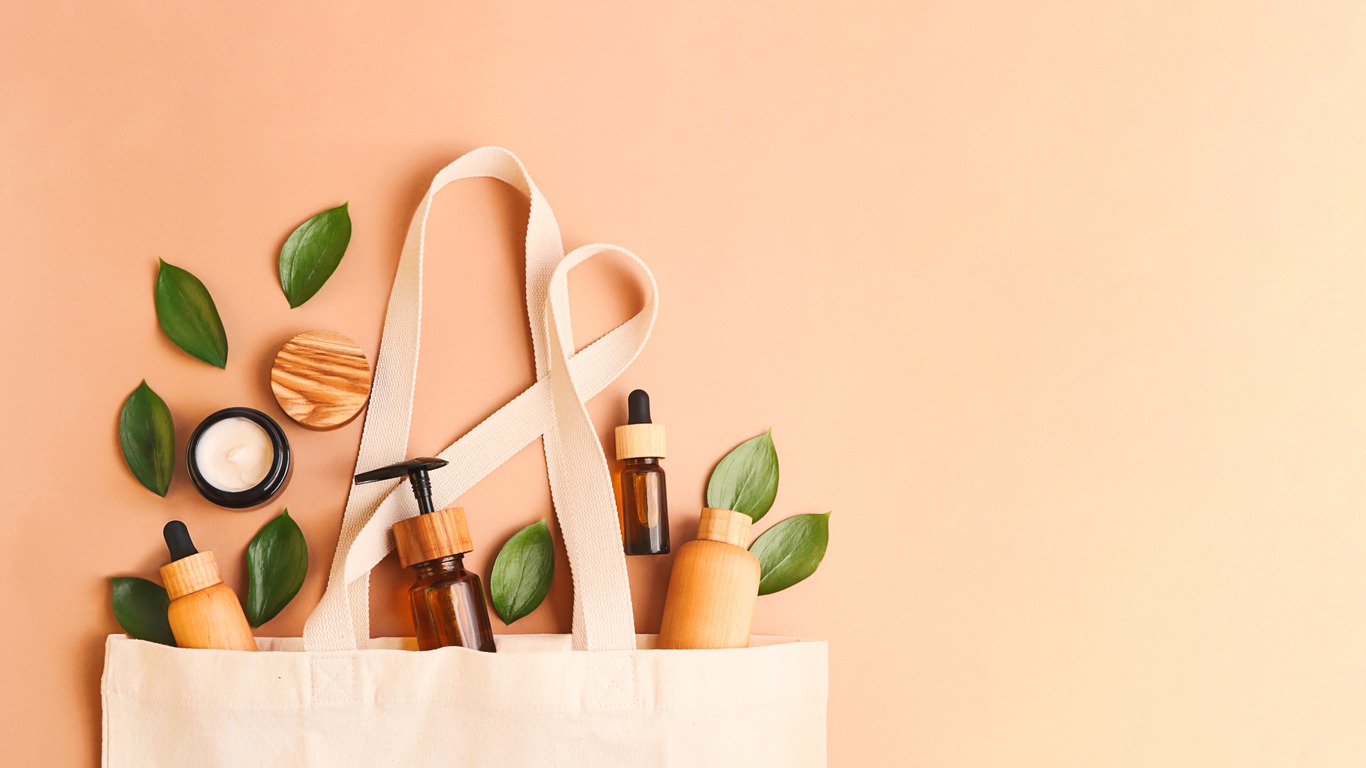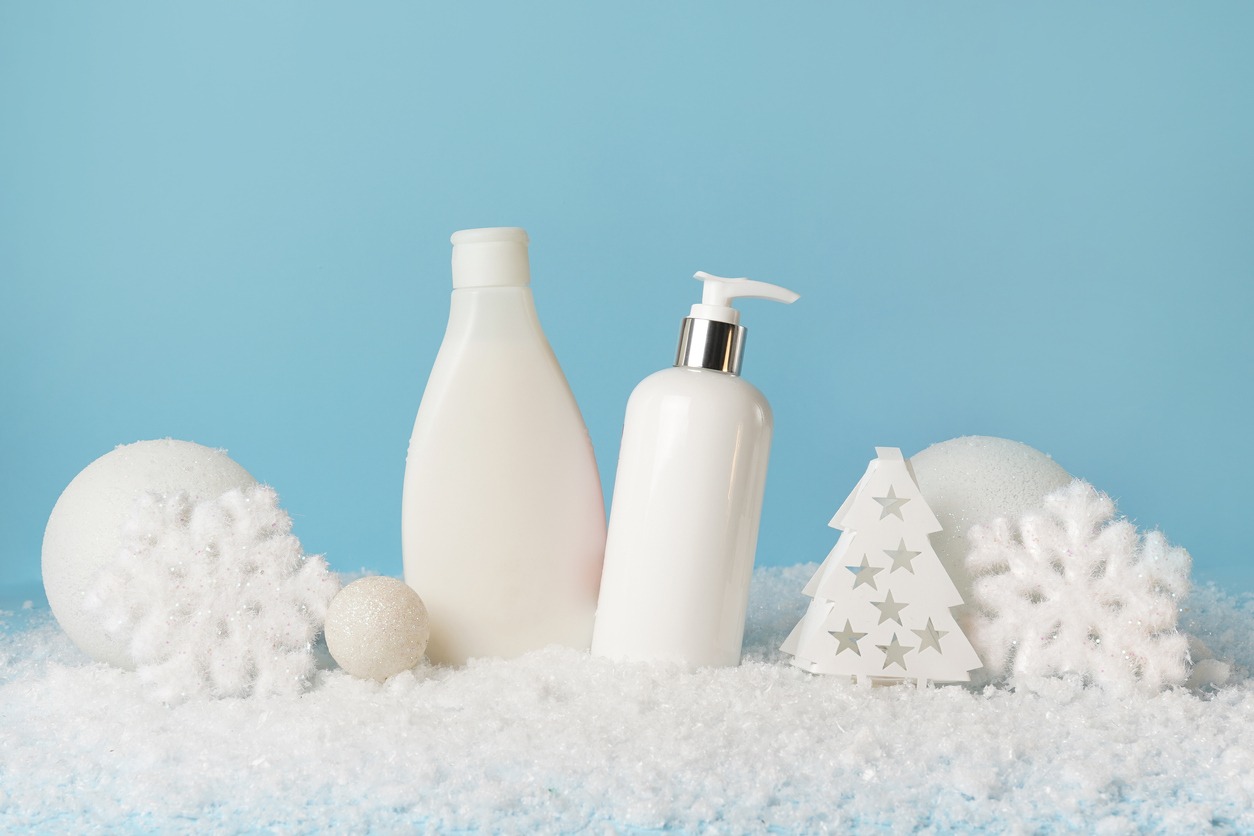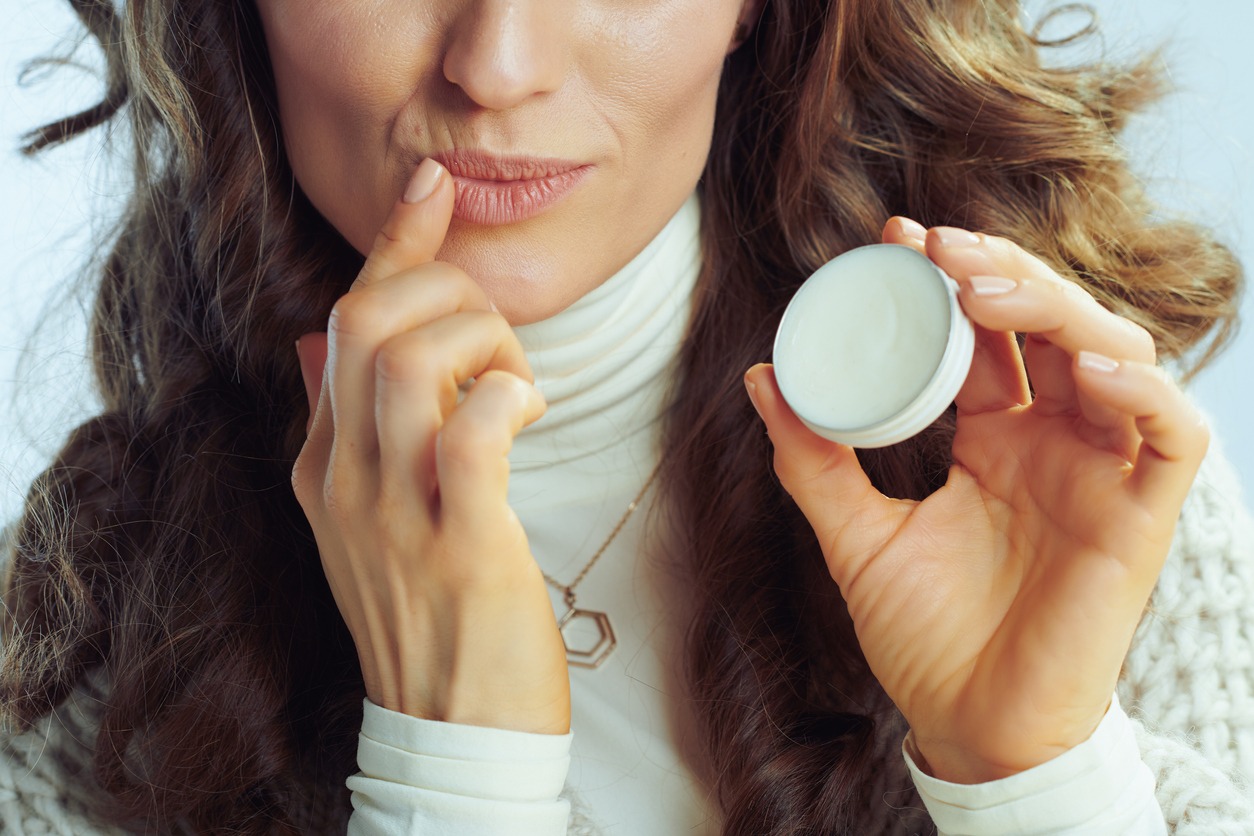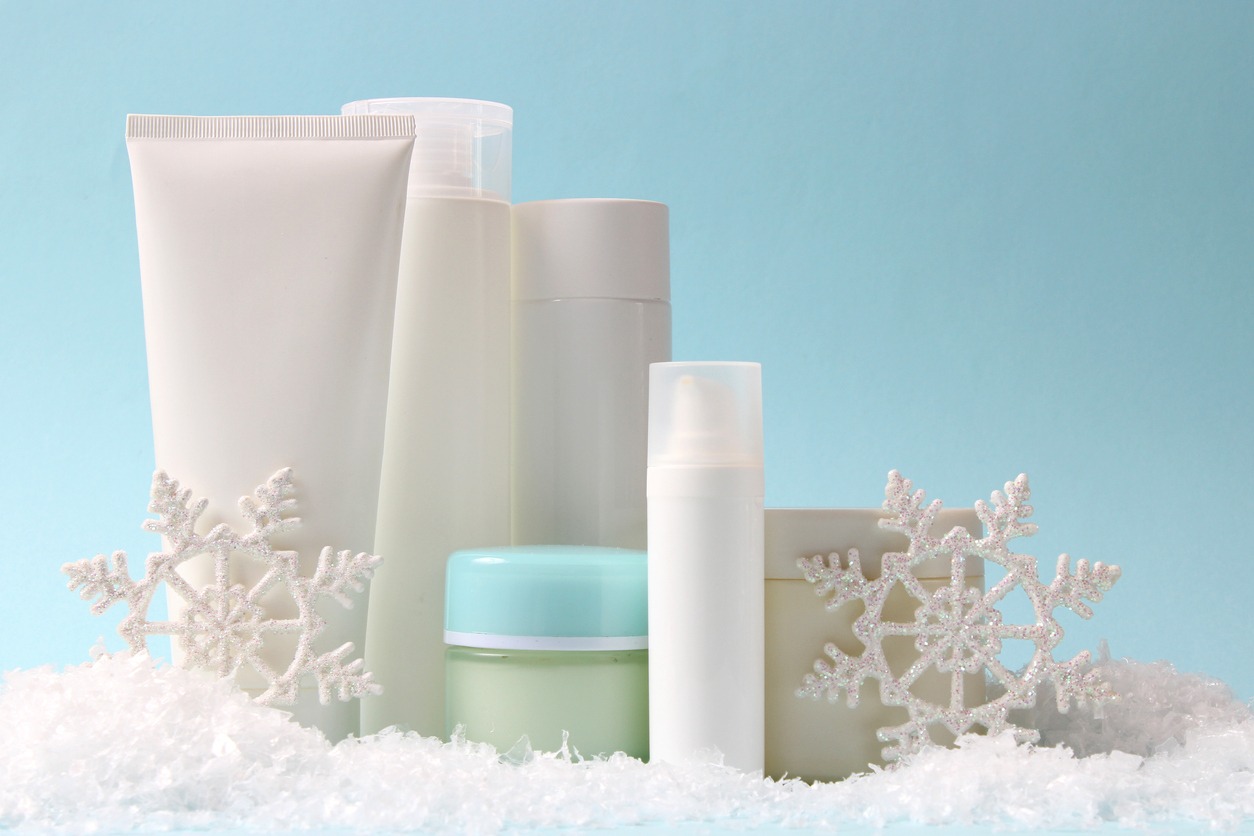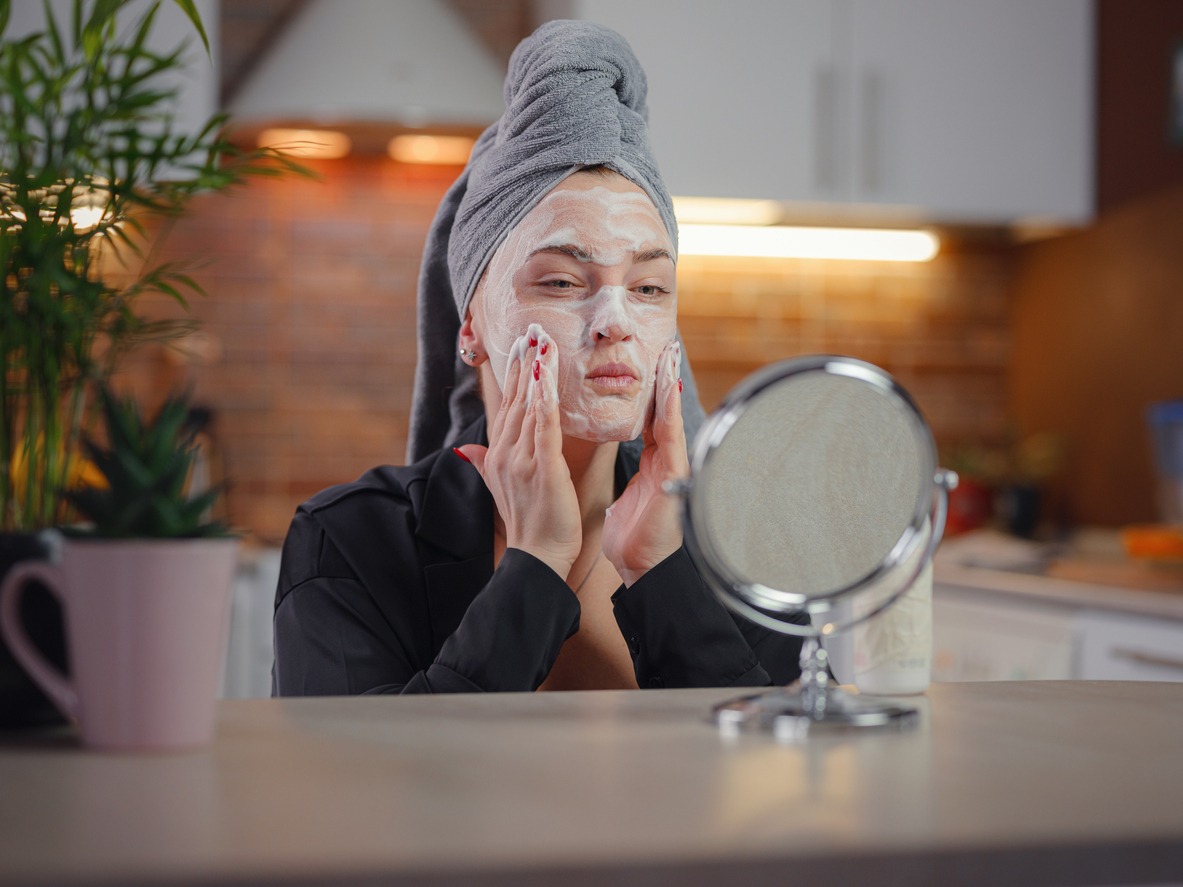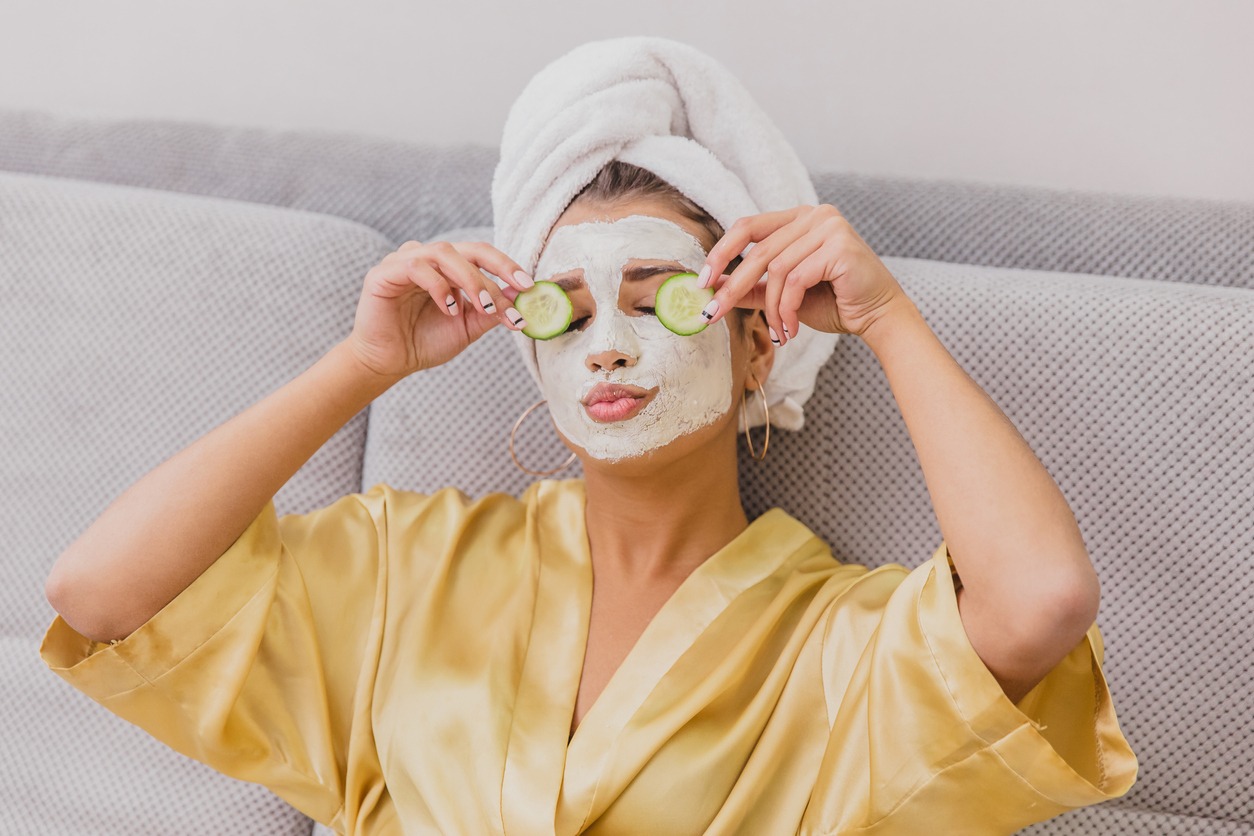Do you stick to the same skincare routine throughout the year or make adjustments as needed for the different seasons? Adjusting your skincare routine based on the seasons is a terrific solution to maintaining healthy skin year-round if you live in a place with significant seasonal shifts. While your routine skincare regimen may be suitable for the milder temperatures of spring, summer, and fall, your skin may want some extra TLC in the colder months.
Dry skin is one of the numerous issues that can arise throughout the winter. When the skin dries out, the body may overcompensate by producing more oil, which can contribute to oily skin and breakouts. You may also notice more dead skin cells if you use hot water or radiators/central heating, as the dry air speeds up your skin’s natural process of shedding its outer layer. Your skin may get irritated and red because of these conditions.
Winter Skincare Routine
Your skin has probably taken a blow from the nonstop partying and the freezing temperatures, but despair not: with a little TLC and a consistent skincare routine, you can have your winter glow back in no time.
1. Switch Out Your Soap for an Oil, Balm, or Cream Cleanser
Cleansers that foam and bubble are enjoyable to use but do more harm than good to the skin. Cleansers with salicylic acid or foaming action are effective in removing dirt and oil, but their sulfates may be too drying for some people’s skin. The skin can be washed thoroughly with a cleansing cream, balm, or oil without drying it out or damaging the protective lipid barrier.
To avoid further breakouts, acne sufferers can take a gentle acne treatment containing salicylic acid and benzoyl peroxide. If applied excessively, these abrasive substances can make dry skin worse. You should use pH-optimized skincare, which can assist in regulating skin barrier function, in conjunction with these products if you are a regular user.
2. To remove dirt, always exfoliate.
Due to the dry, cold air, your skin dries out faster than usual. Exfoliating your face regularly is an excellent way to remove dull, lifeless skin and reveal fresh, healthy skin underneath. Try to exfoliate once or twice weekly, especially if you have extra-sensitive skin in the winter. By sloughing off dead skin cells, exfoliation boosts the efficiency of other skincare products you use regularly. To eliminate dull skin, exfoliate with a mild exfoliant or a facial scrub.
3. Reduce shower temperature and duration
Don’t give in to the temptation of a long, hot bath just because the weather is cold outside. According to experts, prolonged exposure to hot water can rob the skin of its natural moisture, making it seem even drier. You should limit yourself to a 5-minute shower once a day and make sure it’s lukewarm. Apply a thick moisturizer right after you get out of the shower to seal in moisture. You may need to use more than usual, but it should leave your skin supple and smooth.
Try the beauty habit of dry brushing if your skin is drier than usual. This entails gently circularly stroking your skin. The scrubbing motion stimulates lymphatic flow and exfoliates dry skin brought on by the winter season. It’s also a great way to give yourself a massage.
4. Remember to Use Serum
The serum is great for addressing individual skin issues. You can use a vitamin C serum to lighten and protect your skin from environmental damage, for instance, or a moisturizing serum to give moisture to your skin. The harsh dryness of winter has taken a major toll on your face. But flakiness and uneven tone can be fixed at any time of year. If you haven’t already, incorporate a serum into your daily skincare routine.
Dermatologists recommend waiting between five and seven minutes after cleansing before adding a serum. After 5–7 minutes, apply a serum (no more than 2–3 drops) and wait another minute before moving on to moisturizer. This is the best way to ensure that the serum absorbs into the skin completely and has the desired effect. Serums are the most efficient skincare products, as shown repeatedly.
5. Make use of a Face Mask Before Bed
We don’t need an excuse to use a face mask, but winter is the perfect time to start if you haven’t already. A wide variety of masks are available for your face; however, you shouldn’t use an overnight mask. Overnight masks are intended to be used as the final step in your evening skincare routine, and they work by sealing in the benefits of the serums, creams, and oils you’ve applied to your skin earlier.
The skin on your body goes through natural rhythms. Using a mask in the evening is a great way to keep your skin moisturized since its natural moisture levels begin to drop in the afternoon and continue to drop throughout the night. Combine your nightly mask with a humidifier for extra moisture retention if you sleep in a dryly heated room. While you sleep, your skin is more receptive to the mask’s nourishing ingredients, and you can use this time to add in additional, targeted treatments. Ceramides and aloe, for instance, may help individuals with dermatitis, while retinol and bakuchiol may be the best bet for those looking to slow the effects of time with a nightly mask.
Must Haves Skincare Products for Winter
Now that winter has arrived, so have the skin issues accompanying it. We indeed adore the comfort of winter, but we loathe the hassles it brings. Everything from dry, flaking skin to weak bones is a constant reminder of how harsh the climate can be. Some problems seem stubborn initially, but even skin care problems have answers. Taking care of your skin throughout the winter is extremely important. When it comes to maintaining beautiful skin in the winter, you need to include only a few basic things in your skincare regimen.
1. Cleanser
Hyaluronic acid cleanser can be used in the morning shower to prepare your face for the day. If you like the convenience of gel cleansers but want something that won’t strip your skin of its natural oils, this is the product for you. Despite its mild foaming action, this cleanser helps maintain the skin’s protective barrier while keeping it hydrated for up to 48 hours after use. It works well for every skin type.
2. Vitamin C Serum
Apply a small amount of the L-ascorbic acid serum recommended by most dermatologists after cleansing. Although it is not designed for oily or acne-prone skin, it has been found safe for use, particularly in the colder months.
3. Eye Gel or Cream
While you wait for the vitamin C to take effect, remember your eye area. Put on the eye gel right away. This eye gel is an exception to the rule that most of them don’t provide enough moisture. The combination of peptides and caffeine is meant to make you appear more refreshed.
4. Dark Spark Treatment
If you have post-acne markings that you’d like to get rid of, dark spot treatment is exactly what you need. The most common ingredients in dark spot treatments are 5% niacinamide, 2% tranexamic acid, 1% kojic acid, and 1% licorice. As it is a quick-drying clear gel, you can feel confident wearing it during the day.
5. Moisturizer
Use a mild moisturizer daily, paying specific attention to the areas around your nose, lips, and eyes. Select a moisturizer containing niacinamide, shea butter, hyaluronic acid, and retinol while being light and non-greasy.
6. Sunscreen
Apply sunscreen with at least 30-SPF protection before heading outdoors. Pick a sunscreen that won’t interfere with the rest of your skincare routine and isn’t too greasy or whitening, or choose one that will enhance your natural skin tone.
7. Skin Balm
Whenever your skin needs a quick dose of hydration, reach for a skin balm, a firm balm made from squalene. Applying it to the areas around your eyes and nose is a great quick remedy for the dry, crepey, or flaky skin that develops throughout the winter. You can use it alone or as a base for concealer beneath your eyes; it can be reapplied throughout the day.
8. Micellar Water
Micellar water has quickly become a staple in the arsenals of beauty bloggers and dermatologists thanks to its wide variety of useful applications in skin care. It is produced with deionized water, moisturizing ingredients like glycerin, and mild surfactants, substances used for washing.
When the molecules of these mild surfactants get together, they form micelles, tiny, spherical chemical structures that are great for attracting and removing oil and grime from the skin. Micellar water is a delicate yet efficient cleanser that removes debris, oil, and makeup from the skin without stripping it. The absence of alcohol means that it won’t dry out your skin and may help calm redness and inflammation for long-lasting suppleness and smoothness.
9. Toner
Always use a toner at night to remove any remaining traces of makeup or skincare products from your face before bed. Get the one designed to be pressed in like essence and has a somewhat thicker consistency. Other options include those with aloe, propolis, and snail mucus, in addition to BHA and betaine salicylate. Since it has a pH between 4.5 and 5.5, it acts as a gentle exfoliator in addition to toning and regulating oil production.
10. Exfoliator
Skin that has been exfoliated tends to look and feel healthier. Skin cells dehydrate and die off more rapidly in the winter due to exposure to both cold air outside and dry inside heating. Introducing new, healthier cells are facilitated by removing the old ones; therefore, buffing them away is a good idea. Two times each week should be sufficient.
Moisturizers work better after being treated with an exfoliator. Since you’ll be using more lotion throughout the colder months, you should make the most of it. Make it a habit to exfoliate your skin: These dead skin cells prevent the skin’s living, hydrating layers from receiving the moisture they require.
Conclusion
It’s common knowledge that winter is one of the most stunning periods of the year, with all the snow and the festive spirit. Taking extra care of your skin throughout the colder months will make you feel like you’re a part of that natural beauty and allow you to let it shine, glow, and glow no matter what the weather outside is doing.
Your skin, like you, is one of a kind, and as such, it has specific requirements to look and feel its best. To keep it healthy throughout the year, you should pay close attention to what it’s telling you and make any required adjustments. What works great in the summer will only do during the harder winter months, to put it simply. Making small adjustments to your daily regimen is crucial for this reason. If you avoid things that can dry you out and concentrate on hydrating, your skin should be back to normal in no time.

